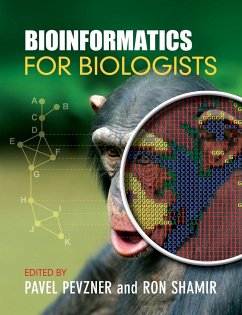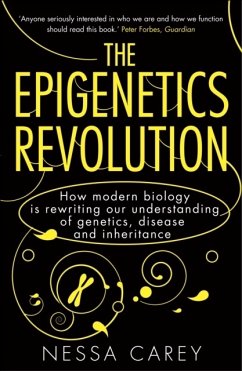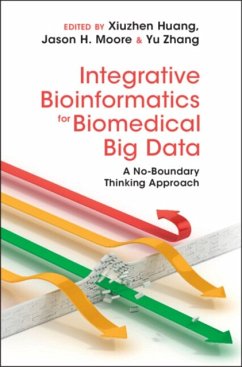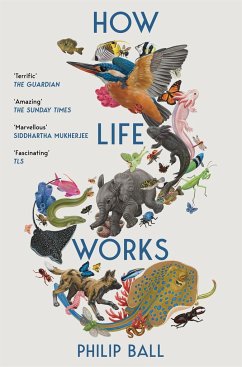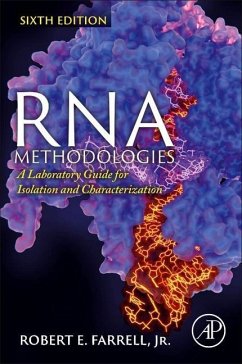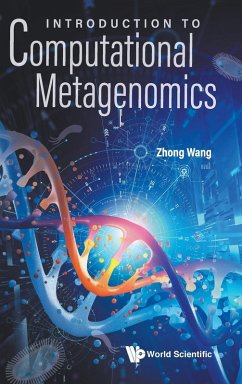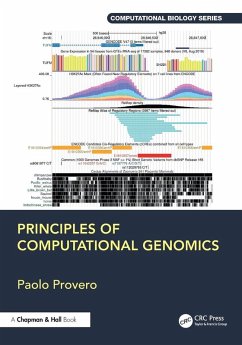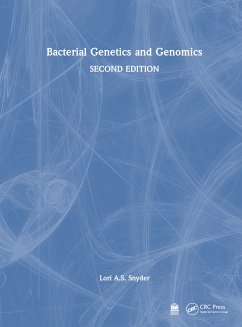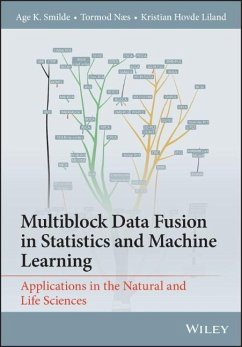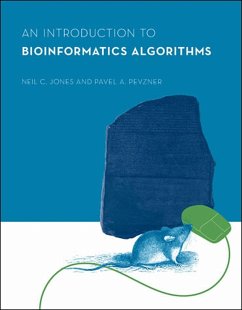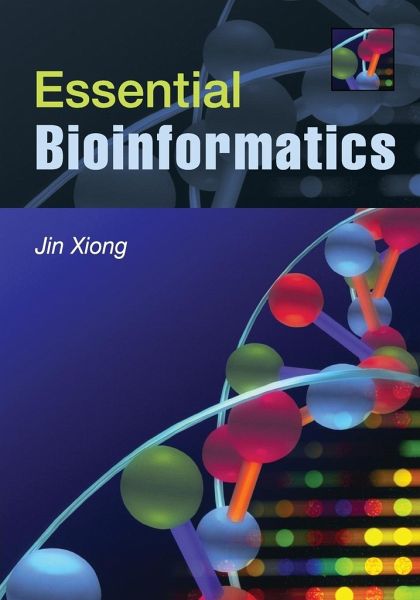
Essential Bioinformatics
Versandkostenfrei!
Versandfertig in 1-2 Wochen
114,99 €
inkl. MwSt.
Weitere Ausgaben:

PAYBACK Punkte
57 °P sammeln!
Essential Bioinformatics provides a comprehensive and up-to-date introduction to bioinformatics for life scientists. The book covers all key topics in the field and emphasizes the application of computational tools in biological research. It provides readers with a thorough understanding of the principles of computational methods used in molecular biological data analysis but the use of mathematical formulae is kept to a minimum. It is highly suited for teaching bioinformatics to undergraduate and graduate students as well as for researchers wishing to develop their knowledge of bioinformatics tools to facilitate their own research.
This clear and concise introduction to bioinformatics will appeal to undergraduate and graduate students in the life sciences, as well as researchers wishing to develop their knowledge of bioinformatics tools. All key areas are covered including biological databases, sequence alignment, genes and promoter prediction, molecular phylogenetics, structural bioinformatics, genomics and proteomics.





